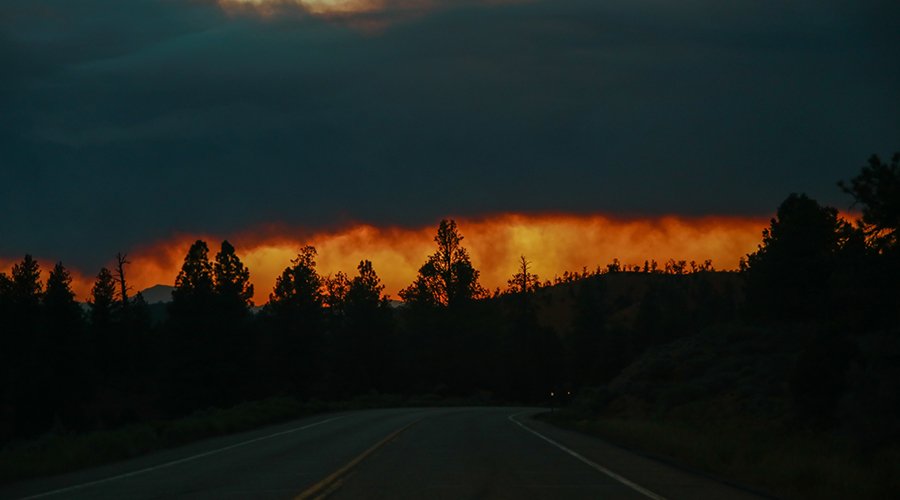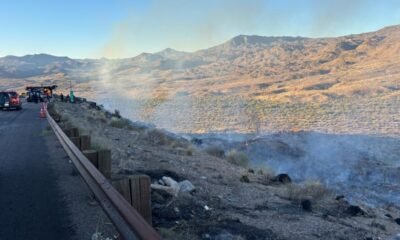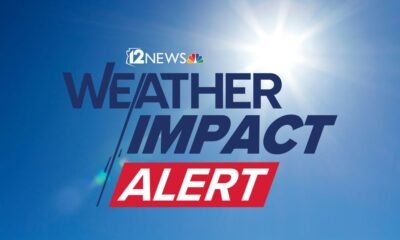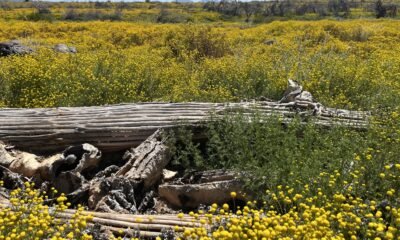aps
Arizona’s Wildfire Liability Bill Shifts, Easing Protections for Utility Companies

A recently amended bill aimed at reducing liability for utility companies responsible for wildfires has garnered significant attention.
The revisions to the bill have diluted many of the original broad protections intended for utilities, reflecting a compromise between stakeholders.
The amended legislation is perceived as more acceptable by critics and has gained wider approval, particularly from those who initially opposed it.
The newly negotiated agreement comes in response to significant pushback from insurance companies and trial lawyers against the previous version of the bill. This earlier proposal, backed by Arizona Public Service Co. (APS) and Tucson Electric Power, was criticized for its sweeping liability protections. Under the revised deal, while utilities gain some legal protections, individuals and businesses retain the right to sue if utility equipment ignites a wildfire.
The Senate passed the amended legislation after negotiations between lawmakers, utility representatives, and the governor’s office on April 22. The bill will return to the House for a formal vote; the earlier version had included a more expansive liability shield.
The current agreement strikes a balance, allowing utilities some legal cover while still permitting affected parties to file lawsuits if utilities neglect their wildfire management plans. Despite the amendments, concerns remain; two Democratic lawmakers voiced their reservations during the debate but acknowledged the positive changes made to the proposal.
Authored by Sens. J.D. Mesnard and Brian Fernandez, the amendments significantly trim the liability protections that utilities sought, particularly provisions that had raised constitutional concerns. Victims retain the right to pursue punitive damages, which had been a point of contention in earlier drafts.
Moreover, the latest changes necessitate that wildfire mitigation plans from utilities are effective and subject to expert review by the Arizona Department of Forestry and Fire Protection. Previously, the Arizona Corporation Commission had oversight responsibilities for regulated utilities, while public power entities approved their own plans.
If utility providers adhere to their wildfire mitigation strategies, they become shielded from lawsuits regarding failure to limit wildfire risks. Though not as expansive as initially desired by utility companies, the revised protections still represent a notable concession.
Critics maintain that the bill provides utilities with excessive leeway, allowing them to evade liability as long as they implement a plan, regardless of negligence. This sentiment was echoed by Sen. Lauren Kuby, who acknowledged the step forward but ultimately voted against the measure.
Utility companies, particularly those in states like California and Oregon, are wary of lawsuits stemming from their equipment igniting rampant wildfires. The bankruptcy of Pacific Gas & Electric Co. after a devastating fire in 2018 serves as a cautionary tale for utilities aiming to avoid similar fallout.
Despite the protections for utilities, the revised bill still holds them accountable if they fail to comply with wildfire management plans. Gone are the wide-ranging bans on punitive damages that initially sparked controversy surrounding the proposal.
Sen. Mesnard indicated that without revised liability protections, utilities might resort to drastic measures, such as premature power shutoffs during high-risk weather events. Such actions could impact consumers significantly and could prompt utilities to invest heavily in equipment upgrades to prevent fires, costs that would ultimately fall on customers.
Acknowledging the shortcomings of the original draft, Mesnard stressed the importance of clarity in utility responsibilities and the necessity of balancing public safety with utility operations.
The evolving discourse surrounding this bill reflects broader concerns about climate change and the responsibilities of utility companies in mitigating wildfire risks.


















